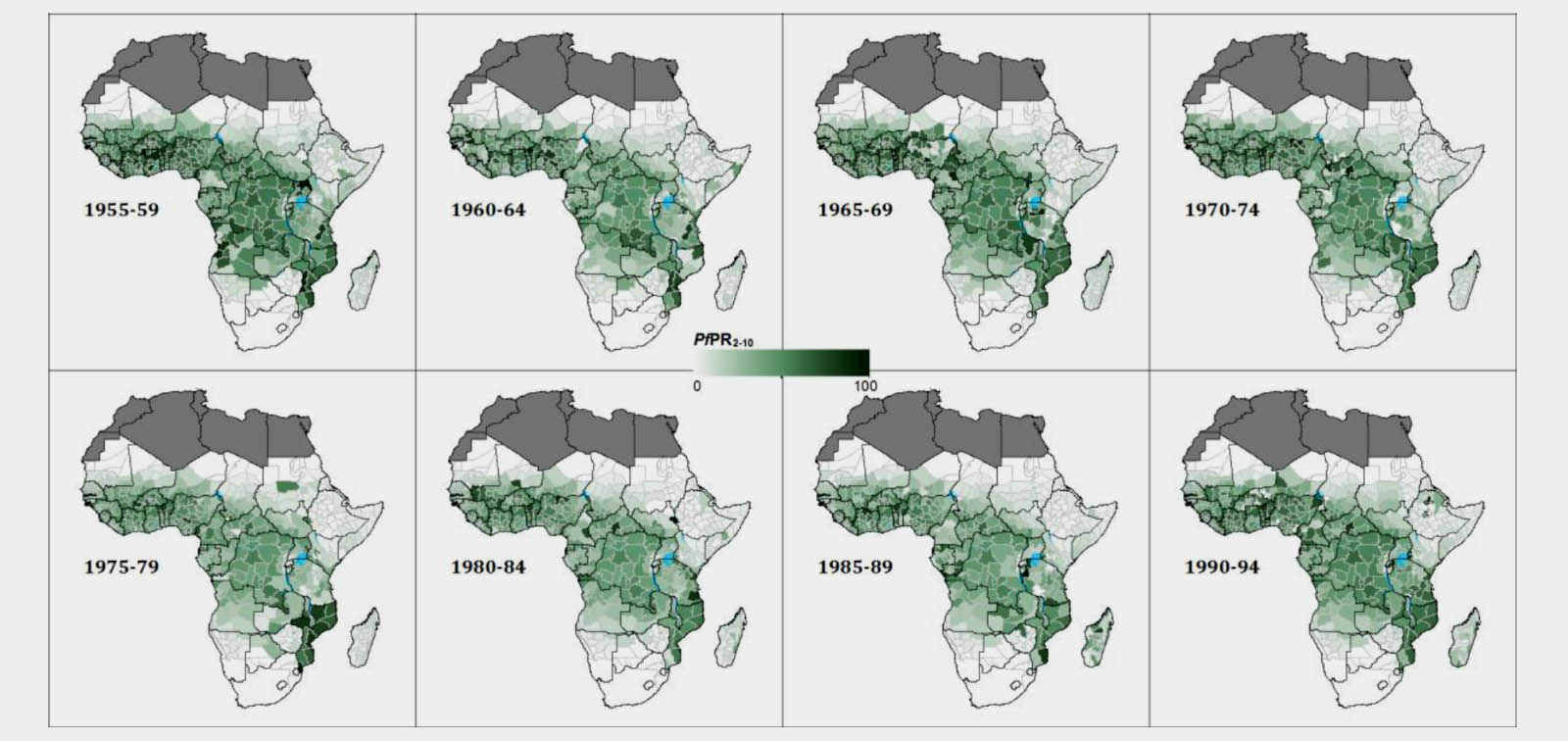115 Years of Malaria in Africa: A Brief History and Future Outlook
17.06.2019
- Fecha
- 17/06/2019
- Hora
- 11.00 h
- Lugar
-
Room 9, Faculty of Medicine, University of Barcelona
(Casanova, 143) Barcelona - Ponente
- Bob Snow (KEMRI-Wellcome Trust Programme)
Malaria transmission is influenced by climate, land use and deliberate interventions. Recent declines have been observed in malaria transmission. The African continent has witnessed a long-term decline in the prevalence of Plasmodium falciparum from 40% prevalence in the period 1900–1929 to 24% prevalence in the period 2010–2015, a trend that has been interrupted by periods of rapidly increasing or decreasing transmission. The cycles and trend over the past 115 years are inconsistent with explanations in terms of climate or deliberate intervention alone.
Previous global initiatives have had minor impacts on malaria transmission, and a historically unprecedented decline has been observed since 2000. However, there has been little change in the high transmission belt that covers large parts of West and Central Africa. Previous efforts to model the changing patterns of P. falciparum transmission intensity in Africa have been limited to the past 15 years or have used maps drawn from historical expert opinions.
Professor Bob Snow, from KEMRI-Wellcome Trust Programme in Kenya, and his team provided quantitative data, from 50,424 surveys at 36,966 geocoded locations, that covers 115 years of malaria history in sub-Saharan Africa. According to this data, inferring from these data to future trends, we would expect continued reductions in malaria transmission, punctuated with resurgences.
He will offer an open seminar about 21 years of research that led to the publication of the Nature Research Letter "The prevalence of Plasmodium falciparum in sub-Saharan Africa since 1900", on June 17, in Campus Clínic.
Bob Snow
Professor Bob Snow left the UK in 1984 to work in The Gambia on the first clinical trials of insecticide treated nets (ITN). In 1989, he moved to Kenya where he established the framework to undertake linked community mortality and hospital admission surveillance at Kilifi, which included one of four large-scale, community-randomized mortality trials of ITN in Africa. This platform of multi-disciplinary research formed the basis of future long-term support to a programme that has grown from a few scientists working in a prefabricated building, to 100’s of Kenyan scientists with independent funding driving a broad range of research in Kenya and beyond.
Snows’s research has focused on trying to understand the effects of malaria parasite exposure on the clinical epidemiology of malaria, new methods to define the mortality, morbidity and consequential burdens posed by this parasite and the linked geography and history of malaria across the African continent. In 1996, he initiated the Mapping Malaria Risk in Africa (MARA) project with colleagues in South Africa, which served as the model for a global initiative founded by Bob in 2005 in Nairobi, known as the Malaria Atlas Project (MAP).
Since 2010, he has led a science-to-policy initiative, funded by DFID, UK, to ensure that there is the best possible use of epidemiological data to design malaria control programmes in 22 African countries. In 2015, this work extended to support countries in the Arabian Peninsula as a collaboration with WHO’s EMR office in Cairo: focusing on countries in conflict, entering phases of malaria elimination or aiming to prevent malaria re-introduction.
Snow is the longest serving Oxford scientist at the Kenyan Programme, he has been funded by the Wellcome Trust, UK, since 1992 under three Senior Fellowships and three Principal Fellowships. His scientific interests continue to be focused on the complex epidemiology of malaria parasite exposure, disease outcomes and intervention impact across Africa, the promotion of the science of malaria risk mapping to optimize a higher impact future of existing malaria interventions in direct collaboration with national governments in the WHO Africa and Eastern Mediterranean regions, and mentoring early and mid-career scientists from the region.



